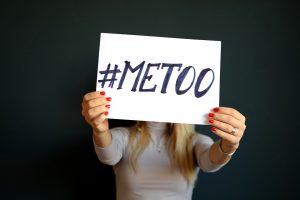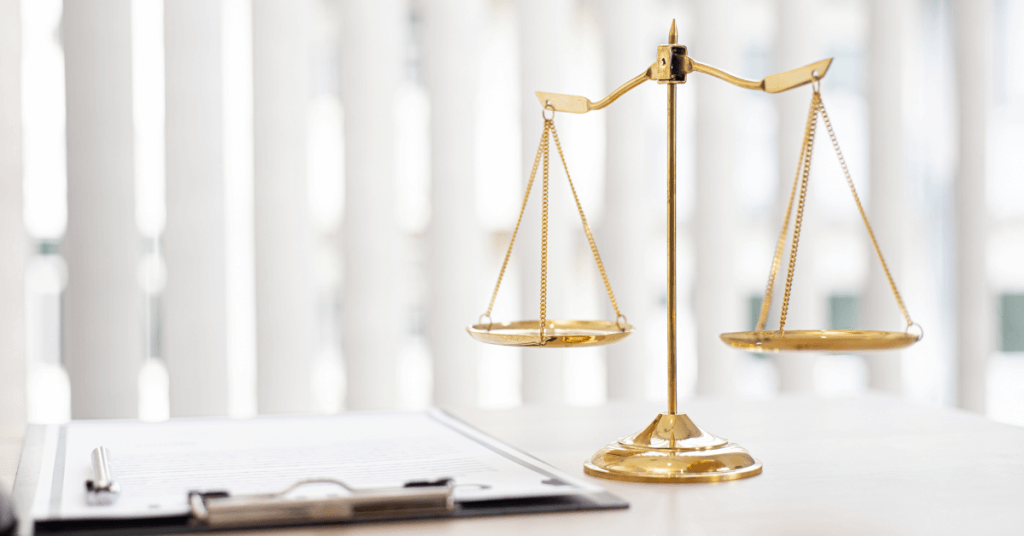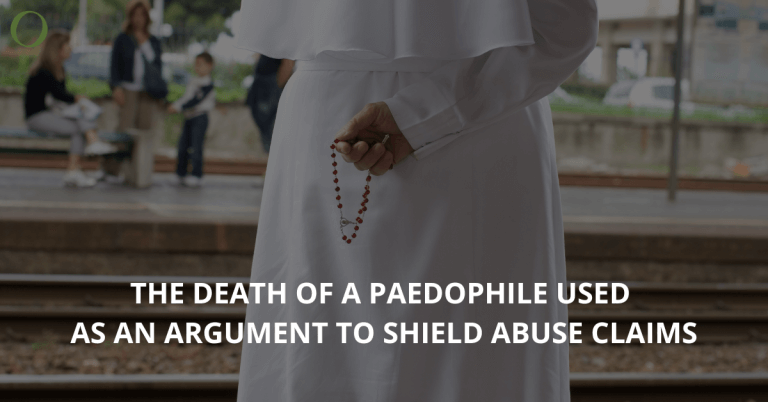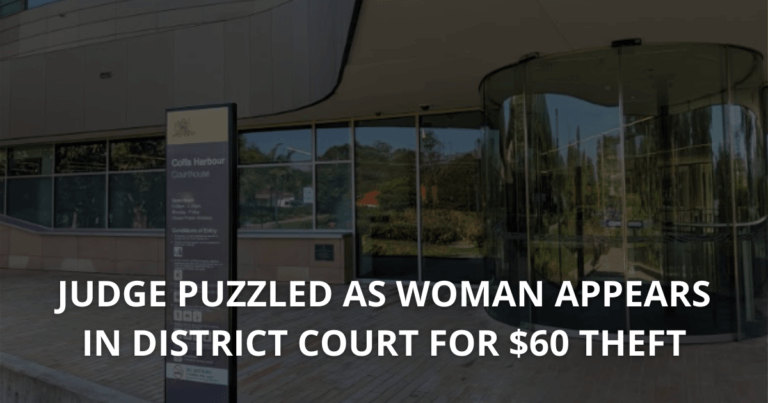Defamation law in Australia has become a controversial topic in the wake of the #MeToo movement. Since victims of sexual harassment and sexual assault began to make claims against abusers on social media platforms, the law on Defamation has been pinned down by some public opinion. Undeniably, the proliferation of the #MeToo movement has had significant impact in raising awareness on the extent of sexual abuse and harassment with personal stories published by survivors.
In fact, more than 200 public figures including entertainment moguls, politicians, journalists, and actors, have lost their jobs after public allegations of sexual harassment were made. However, it is extremely unjust to argue Defamation law ‘stifles’ the #MeToo movement, as some media sources have published. Along with the common misconceptions regarding the exorbitant costs and fees of such cases, it is important to recognise Defamation law aims to balance the freedom of speech for all citizens and a person’s right to protecting their reputation. And reputation is absolutely worth fighting for.
Freedom of Speech and Individual Reputation
In the play The Crucible, John Proctor utters the famous line, ‘I have given you my soul; leave me my name,’ a profound statement that reveals the precious value of one’s good reputation. It is a fragile thing; difficult to build up and easy to lose.
With the advent of the internet and social media culture, the reality to defame and injure one’s reputation has become easier than ever before. Sadly, cyberbullying and trolling are some of the main attractions for many users within the 21st century modes of social networking. Although the freedom of speech and expression are important concepts in our Western democracy, it should never overshadow the damages it may cause to reputations of people unjustly accused.
In light of this, Defamation law in Australia should be seen as an instrument to facilitate the validity of #MeToo claims by sorting out slanderous and untruthful allegations from real victim stories. With the speed of the online campaign, which supports victims to publish public accusations, it means only one side of the story is being judged. Some critics have even suggested the #MeToo movement has evolved into a retaliatory movement with false allegations sparked by spite and malice.
Regardless, when a person has had their character unfairly maligned, it can have serious effect on their job employment, personal health and wellbeing, and their relationships with family members, colleagues and the community at large. Thus, Defamation law acts as a vehicle for the accused to also have their side of the story heard so a fair and just judgment can be achieved.
Rebel Wilson v Baeur Media Pty Ltd
In the controversial case of Rebel Wilson v Bauer Media Pty Ltd, Wilson successfully argued at the Victorian Supreme Court that the series of articles published in Woman’s Weekly and other titles led to her losing potential movie roles. It was found Bauer Media had ‘branded…[the plaintiff] a serial liar who had fabricated almost every aspect of her back story, from her name, to her age, to her childhood and upbringing, in order to make it in Hollywood.’
Wilson received a large payout for the bullying and wrongful accusations made by the print media (although this was later reduced in the Court of Appeal). This is one of many defamation cases which show Defamation law as the most appropriate avenue for the wrongfully accused to restore an injured reputation. Our firm has won many Defamation cases which you can read more about here.
The Onus of Proof
In Australia, the onus of proof rests on the accuser who made the defaming statement to defend their actions. This is different in the US where the accused must prove the falsity of the defaming statement on their character, and that the statement was published with malicious intent. It is the right of the defamed that the accuser proves their claim in a court of law before it should be believed.
Therefore, Australian Defamation law makes it crucial for those who wish to publish weighty allegations about a person’s character to be able to provide evidence in support of those claims. This evidentiary disincentive, along with the threat of economic sanctions and damages, would motivate publishers to take great care in what they choose to express online.
Defamation Defences
Nevertheless, Australian Defamation law includes two defences particularly important to the issue of #MeToo movement. Common law qualified privilege is an available defence if a statement is made in the performance of any legal, moral or social duty, to another person who has corresponding duty or interest to receive it, such as reporting an incident to a police officer. The information does not have to be true, as long as there was no malicious intent. This protects the publisher by recourse to a common law qualified privilege defence.
Another defence available is substantial truth, which requires the accuser to prove on the balance of probabilities that what they published about the person was true. Ultimately, it is prudent to regularly assess the quality and objective of legislation and policy reforms over time, particularly law such as Defamation which seeks to balance rights and freedoms.






